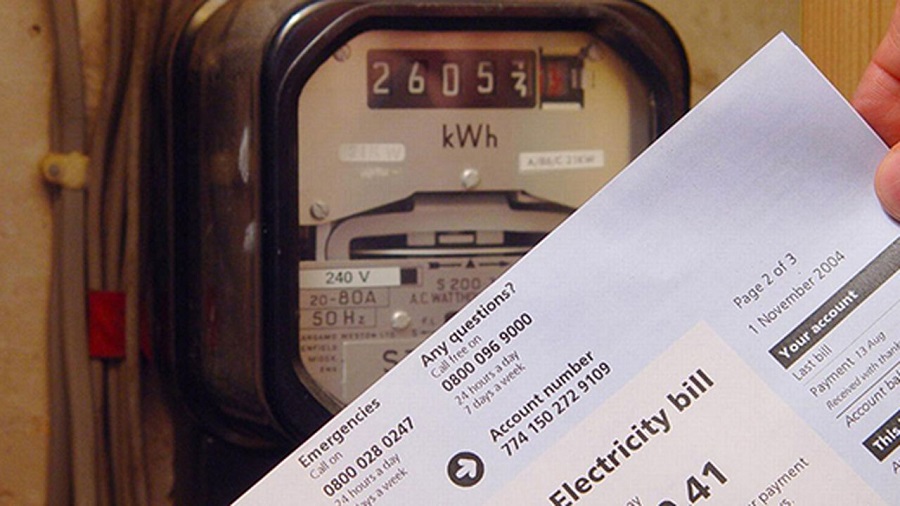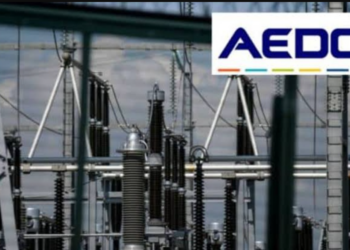In preparation for a Minor Review of the Multi-Year Tariff Order (MYTO) in July 2022, the Nigerian Electricity Regulatory Commission (NERC) has asked for comments from the public and industry stakeholders on the proposed review which guides the review of electricity tariffs in the country. Meanwhile, we recall that two weeks ago (May 4 2022), the Commission gave some Electricity Distribution Companies (Discos) approval to increase
their tariffs.
The discos were; Port Harcourt Electricity Distribution Company (PHEDC); Jos Electricity Distribution Company (JEDC); Kano Electricity Distribution Company (KEDC); Kaduna Electricity Distribution Company (KEDC); Ikeja Electricity Distribution Company (IKEDC); and the Ibadan Electricity Distribution Company (IBEDC).
The regulator stated the tariff hike was based on the extraordinary review of the Multi-Year Tariff Order which took effect from January 1, 2022. The MYTO methodology consists of a formula to arrive at a tariff that will cover the longrun marginal cost of generation, transmission, and distribution.
Our analysis of the tariff models for generation, transmission and distribution indicates that while the methodology used is theoretically sound and has precedents in other developed electricity markets, the financial model does not stand up to scrutiny as far as its underlying assumptions go. The result is a tariff plan that is currently not cost-reflective and is not commercially sustainable. It is an unequivocal fact that MYTO tariffs were not set at the right level, to begin with: they were set too low. Even after the several adjustments made in the Minor Reviews, they are still too low.
The cash flow generated from end consumers (in a case where they get paid for all they distribute) significantly falls short of the breakeven point needed to keep operations running. Electricity from the grid is actually much less expensive than the alternatives being used to supplement the inadequate supply from the grid, so more supply from the grid should be welcomed at a higher cost. The FGN is also very sensitive to adverse reception by the electorate to increasing tariffs.
In our view, this has been one major reason the government has been reluctant to raise tariffs to the cost-reflective level the industry requires. That said, we reiterate any upward review of utility costs at a time like this will strain an already impoverished Nigerian consumer.
CSL Stockbrokers Limited, Lagos (CSLS) is a wholly owned subsidiary of FCMB Group Plc and is regulated by the Securities and Exchange Commission, Nigeria. CSLS is a member of the Nigerian Stock Exchange.



















